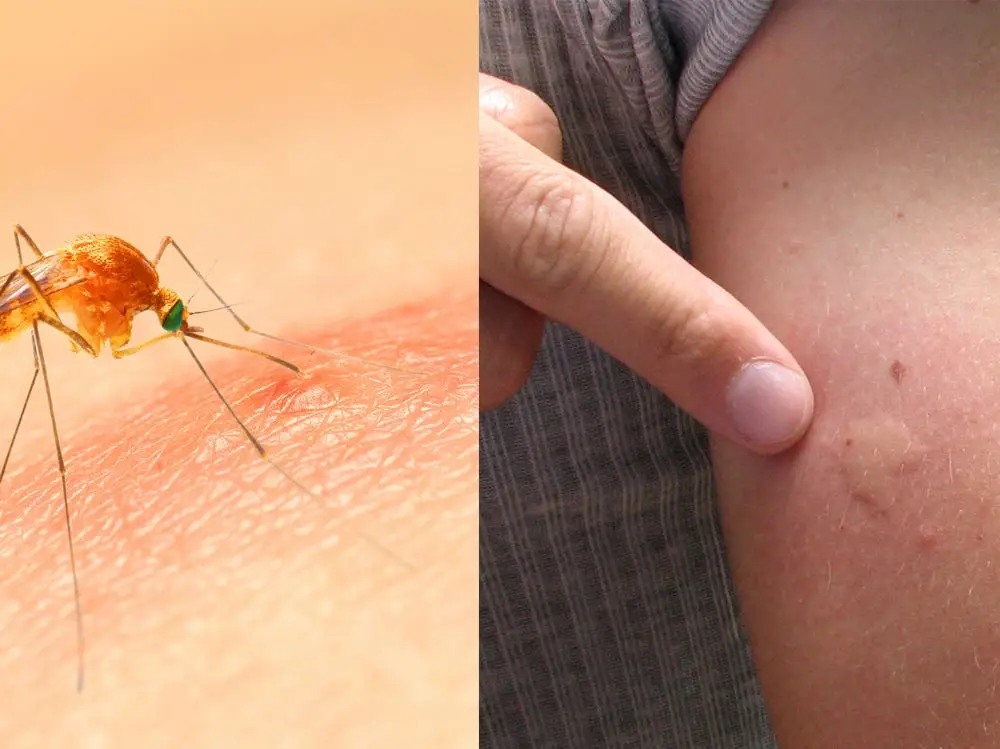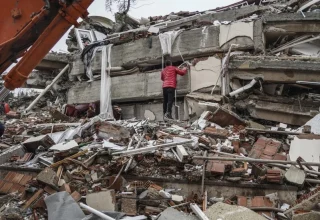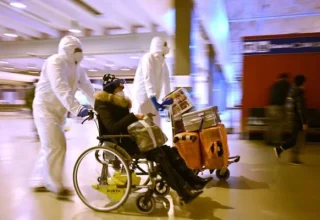
ISLAMABAD, Sep 5(ABC): Itchy mosquito bites can be a nightmare in the summer. But what makes these bites so itchy?
When a mosquito bites, our immune system kicks in to protect us against the attack. This is similar to an allergic reaction and causes a raised, itchy bump to appear.
This article discusses what makes mosquito bites itch and swell, and what treatments are available.
Why do mosquito bites itch?
Share on PinterestMosquito bites itch and swell because of the body’s histamine response.
When a mosquito bite breaks the skin, a person’s body recognizes the mosquito’s saliva as a foreign substance. This causes an immune system response, which aims to flush out the intruder.
The swelling around the bite is caused by histamine, which is produced by the immune system.
Histamine increases blood flow and white blood cell count around the affected area, which causes inflammation or swelling.
Mosquito bites itch because histamine also sends a signal to the nerves around the bite.
The first time a person is bitten, their body may not react in this way. The immune response is something that the body learns after being exposed to a foreign substance.
Some people may never react to a bite. Others might become more tolerant to a mosquito’s saliva over time. For many, the reaction remains consistent, and mosquito bites continue to be an annoyance.
Why do mosquitoes bite us?
Mosquitoes bite humans to drink their blood. The nutrients contained in a human’s blood help female mosquitoes to make the eggs they need to reproduce. Only female mosquitoes bite people.
A mosquito uses the sharp tip of its straw-like mouth (proboscis) to pierce a person’s skin. It locates the blood vessel and draws blood up through its mouth.
As it does this, it injects saliva that contains an anticoagulant. This stops the person’s blood from clotting. If the blood were to clot around the mosquito’s mouth, it might get stuck.
Does scratching make it worse?
Scratching mosquito bites may make the itching worse.
Mosquito bites itch due to inflammation. Rather than relieving the itching, scratching an already inflamed area increases inflammation. This makes the area even itchier.
Scratching may also increase the risk of infection if it breaks the skin. If the area becomes infected, it will be much itchier and will take longer to heal.


























